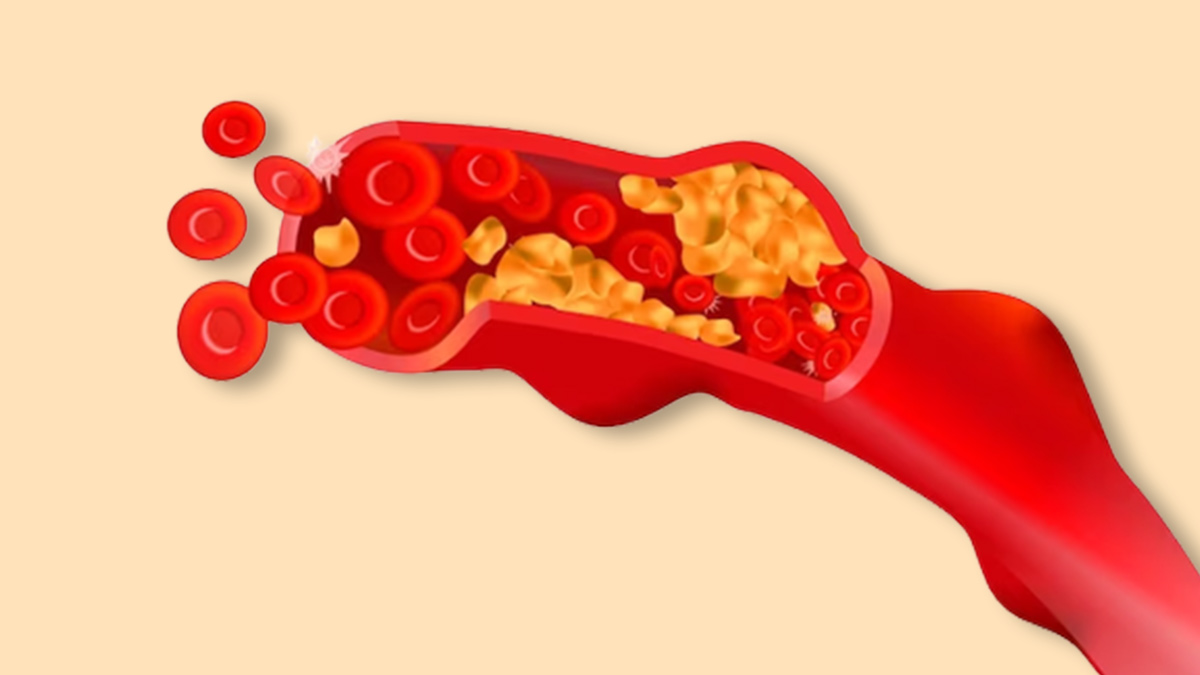
Blocked arteries is a condition in which plaque builds up in the arteries and restricts blood flow. Plaque is made up of cholesterol, calcium, and other substances that accumulate in the artery wall. This buildup can lead to a variety of medical issues, including stroke, heart attack, and kidney failure. In some cases, it can even be fatal.
Table of Content:-
Causes Of Blocked Arteries
High cholesterol levels are one of the most common causes of blocked arteries. When fatty deposits, such as cholesterol, build up in the arteries, they can narrow the arteries and reduce blood flow. High blood pressure is another common cause of blocked arteries. The increased pressure can damage the artery walls and cause them to narrow and block the flow of blood.
Smoking is another major risk factor for blocked arteries. Smoking damages the lining of the arteries and increases the risk of plaque buildup. Obesity, diabetes, and a sedentary lifestyle can also increase the risk of developing blocked arteries.
Certain medications and medical conditions can also increase the risk of blocked arteries. These include high doses of certain steroids, diabetes medications, and some chemotherapy drugs. Additionally, research says some people are more likely to develop blocked arteries due to their family history or genetic makeup.
Warning Signs Of Blocked Arteries
Here are some red flags that will tell your arteries are blocked:
Chest Pain
One of the most common warning signs of blocked arteries is chest pain or discomfort. This pain can range from mild to intense, and can feel like pressure, squeezing, or burning. It may also be accompanied by shortness of breath, nausea, or fatigue.

Also read: Try This Ayurvedic Concoction To Open Blocked Arteries Due To Cholesterol
Fatigue
Fatigue or a general feeling of being tired can be a warning sign of blocked arteries. This is because the heart is not receiving enough oxygen-rich blood due to the blockage.

Swelling
Swelling in the legs, feet, or ankles can be an indication of blocked arteries. This is because the body is not able to properly circulate blood due to the obstruction.
Cold Extremities
If your hands and feet are often cold, it could be a sign that your arteries are blocked. This is because a lack of oxygen-rich blood is not being delivered to the extremities.
Shortness of Breath
Shortness of breath is another common symptom of blocked arteries. This is because the heart is not receiving enough blood and oxygen to function properly.
Palpitations
Palpitations, or an irregular heartbeat, can be a warning sign of blocked arteries. This is because the heart remains deprived of enough oxygen-rich blood and is struggling to pump.
Dizziness
Dizziness or lightheadedness can be a sign of blocked arteries. This is because the brain is not receiving enough oxygen-rich blood and is struggling to function properly.
Also read: Clean Your Arteries With These Superfoods
Prevention Of Blocked Arteries
In order to prevent blocked arteries, it’s important to maintain a healthy lifestyle. Eating a balanced diet and exercising regularly are two key components of prevention. Additionally, it’s important to monitor and manage any existing health conditions, such as high blood pressure or diabetes. In some cases, blocked arteries can be treated with medication or even surgery.
Also watch this video
How we keep this article up to date:
We work with experts and keep a close eye on the latest in health and wellness. Whenever there is a new research or helpful information, we update our articles with accurate and useful advice.
Current Version